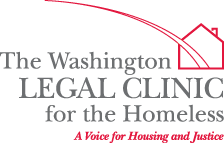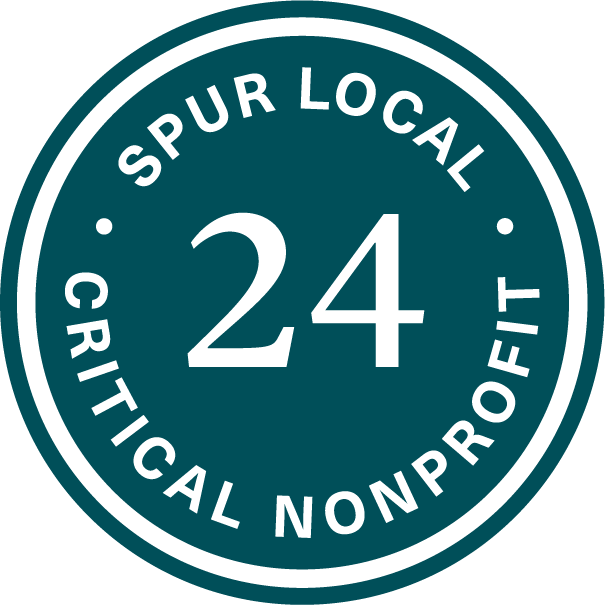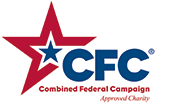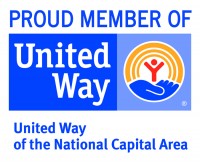This past Monday, Councilmember Jim Graham held a public hearing on Bill 20-281 (“The Homeless Services Reform Amendment Act of 2013”), a piece of legislation that Mayor Gray had attempted to push through the Budget Support Act, and which Graham, with the rest of his colleagues on the Committee on Human Services, removed from the budget and introduced as stand-alone legislation in order to allow the public an opportunity for input. (You’ve read some of our criticism of this legislation on this blog before, and you can find our written testimony from the hearing on our website.)
The hearing lasted all day, and 88 witnesses were signed up to testify. A major provision of the proposed legislation that dominated much of the hearing was mandatory escrow. Current law requires that homeless services providers offer escrow to shelter residents but few providers do this.
The Mayor’s proposed amendments would authorize DC’s Department of Human Services (“DHS”) to require clients to contribute to a savings or escrow account “as a condition of receiving shelter or supportive housing services,” meaning that shelter residents could be terminated for failing to meet their escrow requirements.
Councilmember Graham expressed his skepticism about the wisdom of making escrow a condition of receiving shelter, “All of us would agree that saving is desirable, but that is different from it being a condition of shelter.” His opinion mirrored that of many witnesses who testified.
Among those who gave testimony against imposing a mandatory escrow requirement was Kate Coventry, who testified on behalf of the DC Fiscal Policy Institute that no other jurisdiction has a mandatory escrow program similar to the one being proposed here:
New York City only requires individuals with earned income, not those that receive only TANF or SSI payments, to contribute to escrow. Massachusetts requires a mandatory contribution of $150 per month from their TANF families who are in shelter, but their TANF benefits are much more generous than the District’s, $618 per month for a family of three compared to $428 per month. After paying escrow, Massachusetts families have more in remaining benefits than District families have to start with. With more than 70 percent of DC General Shelter families receiving public benefits as their only income, the majority of families will not be able to pay escrow and pay for necessities.
Ms.Moss*, a mother who became homeless last October after she lost her job and consequently, her apartment, submitted testimony about how she would like the option of an escrow account, but that making it mandatory was not the answer:
I think it should be an option to pay escrow. If you are in the shelter then you should be able to save money. I would not mind having some way to save money. But if you make it mandatory then that might be an issue. I do not know if I will be able to cover it every month. Your kids may need medicine, soap powder and transportation and you have to pay for that. You also have to pay for your laundry. If you don’t have enough money to cover this, then what will happen?
Advocates also testified that mandatory escrow would violate federal law if applied to domestic violence programs. Tamaso Johnson, a policy law fellow with the DC Coalition Against Domestic Violence (“DCCADV”), explained this best:
Federal law mandates the use of a “voluntary services” model by domestic violence shelters receiving federal funds. The mandatory escrow requirement proposed by this bill would put these shelters out of compliance with federal grant requirements and it thus is very likely to conflict with federal law, absent an exception for domestic violence housing providers. Financial literacy and prudent, sustainable contributions to a savings account can be important aspects of long-term happiness and welfare for all District residents, including those who experience housing insecurity or homelessness. However, we strongly disagree with the approach outlined in this bill. Fundamentally, forcing victims to turn over income to an escrow account they do not control as a condition of shelter contradicts the survivor-centered, empowerment model of services delivery widely acknowledged as best practice in the domestic violence community.
Graham went on to question several witnesses who first expressed support for the escrow provision, but on further questioning, stated their positions more clearly that while they supported escrow as a service provided to shelter residents, they did not think it should be mandatory.
We agree. Personal responsibility is a good thing and most residents would welcome assistance in saving and financial planning. The District should enforce the current law and offer escrow as a service to shelter residents while encouraging providers to make escrow contributions a part of every client’s individualized case management plan. To do this, DHS must build the capacity of shelter providers to connect clients to asset building strategies, something it has yet to do. These are all progressive steps that would actually help residents save money while they are in shelter.
Making escrow a condition of receiving services, on the other hand, is a punitive approach that not only disempowers shelter residents from making important decisions for their families, but could also lead to the breakdown of provider/client relationships, the loss of public benefits (TANF and SSI) for those who accumulate more than $2000 in assets, and ultimately to more people on the streets.
*Ms. Moss’ name was changed to protect her privacy.






0 Visitor Comments
Trackbacks/Pingbacks